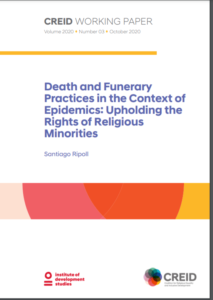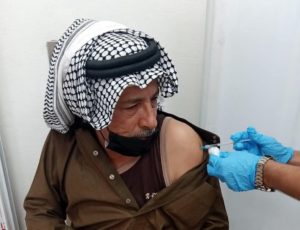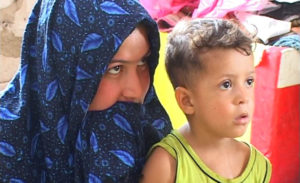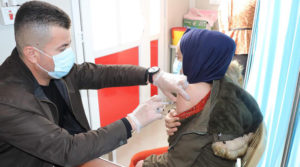 This CREID Working Paper by Santiago Ripoll explores the challenges that emerge when public health measures to mitigate the risk of infection during an epidemic infringe on the rights of religious communities to say a final farewell to their loved ones according to their custom.
This CREID Working Paper by Santiago Ripoll explores the challenges that emerge when public health measures to mitigate the risk of infection during an epidemic infringe on the rights of religious communities to say a final farewell to their loved ones according to their custom.
It aims to answer these questions:
- how does epidemic response in the context of death and burials frame and impact religious minority rights?
- And in turn, how do sectarian dynamics reposition themselves in the context of epidemic response?
The aim is to further shed light on the processes that link epidemic response in the context of death and funerary practices to religious minority rights, to show how the response is politicised and to point to the sectarian inequalities as a result of the response.
The author reviews three case studies:
- the case of Ebola amongst Muslims and Christians in Liberia in the epidemic of 2014–15, illustrating the
conflict between the secular epidemic response and religious priorities in its resolution - the case of pneumonic plague in Madagascar in 2017, showcasing a similar conflict, but
highlighting the impediments to its resolution - the case of religious inequalities and Muslims in Sri Lanka in the context of the Covid-19 pandemic.



